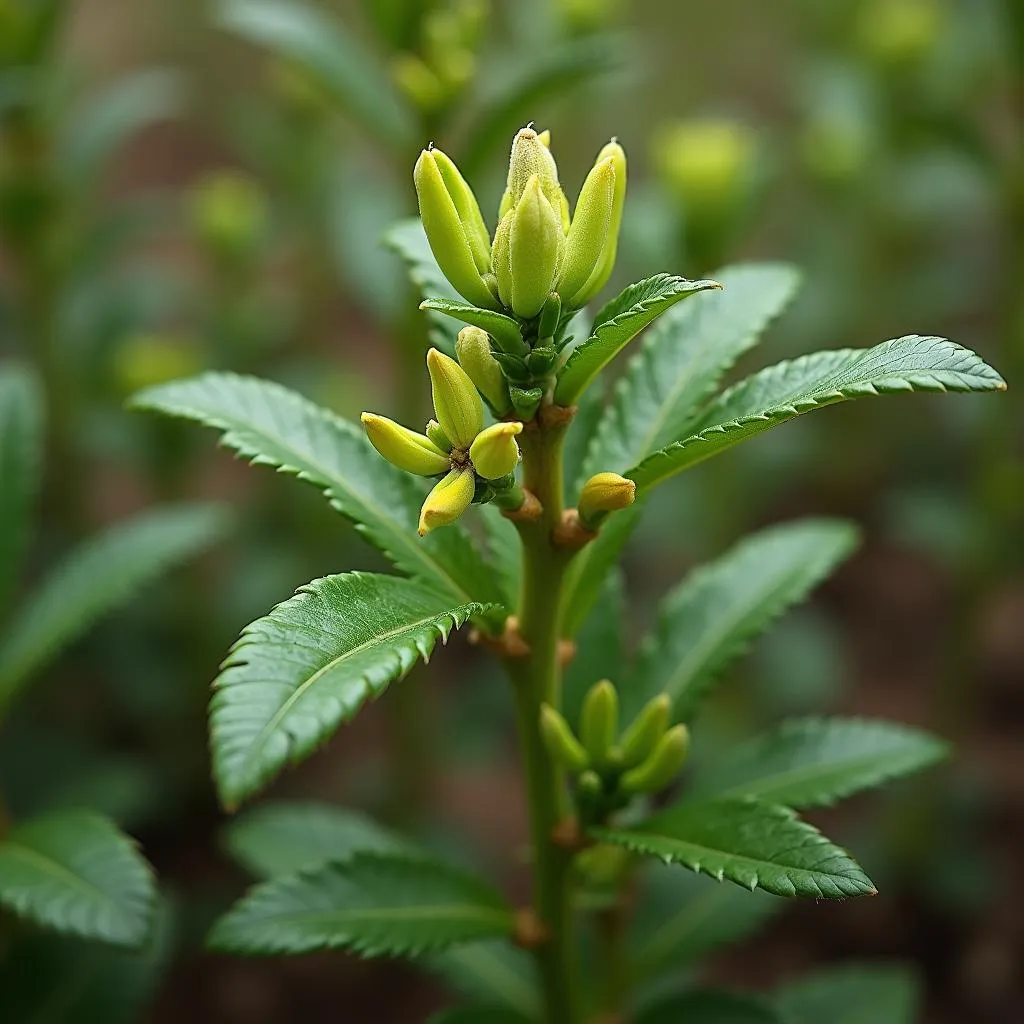Understanding the African Concept of Land Ownership
The African Concept Of Land Ownership is deeply rooted in communal values and spiritual beliefs, contrasting sharply with Western individualistic notions. It’s not just about legal titles and boundaries; it’s about ancestral connections, community well-being, and a profound respect for the land as a life-giving source. african charities inc
Beyond Boundaries: Communal Land Ownership in Africa
In many African societies, land is not seen as a commodity to be bought and sold but as a sacred trust passed down through generations. Ownership is often vested in the community, a clan, or a family group, rather than individuals. This communal ownership ensures access to resources for all members and promotes social cohesion.
Ancestral Ties and Spiritual Significance
Land is often deeply intertwined with ancestral spirits and cultural identity. It’s the resting place of ancestors, a source of spiritual power, and a link to the past. This connection gives the land a significance far beyond its economic value. Decisions about land use are often made with careful consideration for the spiritual implications, ensuring harmony between the living and the dead.
Customary Law and Traditional Practices
Traditional leaders and councils play a crucial role in managing communal land, often guided by customary law. These systems of governance have evolved over centuries and are deeply embedded in local customs and practices. They provide mechanisms for resolving disputes, allocating land for various uses, and ensuring sustainable resource management.
The Impact of Modernization and Land Reform
The introduction of Western legal systems and land registration processes has often clashed with traditional African concepts of land ownership. Individual land titles can undermine communal systems, creating tensions and inequalities. Land reform initiatives must navigate these complexities carefully, seeking to balance individual rights with the needs of communities.
Balancing Tradition and Development
The challenge lies in finding ways to integrate traditional land management practices with modern development needs. Sustainable land use strategies must respect cultural values while also promoting economic growth and environmental protection. This often involves empowering local communities to participate in decision-making processes and ensuring their voices are heard.
What are the common challenges faced in African land ownership?
One of the significant challenges is the clash between traditional communal ownership and modern individual land titling systems. This often leads to disputes and marginalization of certain groups. african giant Another challenge is the lack of clear documentation and mapping of customary land rights, which makes it difficult to protect these rights in the face of development pressures. african land sex
How does land ownership affect women in Africa?
In many African societies, women have traditionally had limited access to land ownership and control. This can negatively impact their economic independence and social standing. However, there are also examples of matrilineal societies where women play a central role in land management.
Conclusion: A Rich Tapestry of Tradition and Change
The African concept of land ownership is a complex and evolving tapestry woven from deep-seated cultural values and the pressures of modernization. Understanding this unique perspective is crucial for promoting sustainable development and ensuring equitable access to land resources for all Africans. The african gun shop highlights the importance of community involvement in land matters.
FAQ
- What is the main difference between African and Western land ownership concepts?
- How does customary law govern land use in Africa?
- What are the challenges of land reform in Africa?
- How does land ownership impact food security in Africa?
- What role do women play in traditional African land management systems?
- How can sustainable land management practices be promoted in Africa?
- What are the implications of climate change for land ownership in Africa?
Need help? Contact us 24/7:
Phone: +255768904061
Email: kaka.mag@gmail.com
Address: Mbarali DC Mawindi, Kangaga, Tanzania.


